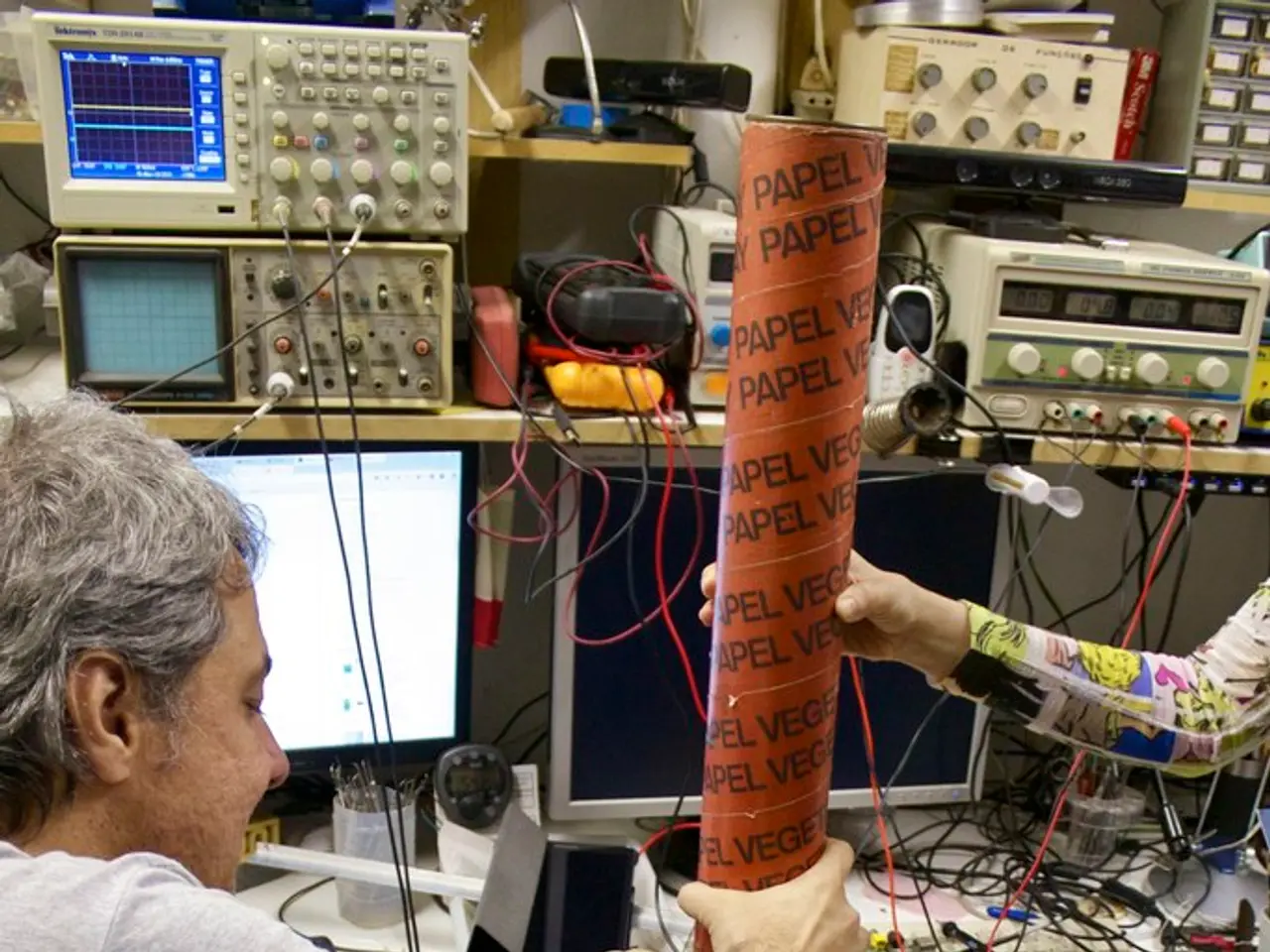Job Challenges May Guard Against Mental Shrinkage Due to Demanding Nature
In a groundbreaking study led by Francisca Then at the University of Leipzig, it has been found that mentally demanding jobs can significantly contribute to slower cognitive decline in older adults. The study, which followed 1,054 adults aged 75 and older over the course of eight years, regularly tested their memory and mental agility, and the results are compelling.
The goal isn't to chase stress but to court curiosity and seek novelty. The continual challenge of thinking, adjusting, and problem-solving encourages neural plasticity, your brain's ability to reorganize itself and form new connections, which is key to resisting age-related decline.
Jobs involving higher rates of executive, verbal, and fluid tasks were linked with higher memory retention, slower cognitive decline, and better mental flexibility with age. Deep cognitive engagement in jobs such as teaching, software development, project management, writing, and nursing is linked with long-term cognitive rewards.
The benefits of mentally engaging work were observed in people well into their 70s and 80s. One's identity as a "problem solver," "creative thinker," or "team leader" may come with a built-in cognitive benefit.
The study divided job tasks into three cognitive categories: executive tasks, verbal tasks, and fluid tasks. Engaging in activities like decision-making, abstract thinking, or emotional intelligence at work can help train the brain to stay sharp.
Mentally challenging tasks enhance cognitive reserve, which is the brain’s ability to improvise and find alternative ways of completing tasks despite age-related decline. This reserve helps individuals maintain cognitive functions longer. Learning new skills and solving complex problems activate multiple brain areas simultaneously and promote neuroplasticity—the brain’s capacity to form and reorganize synaptic connections, especially in response to learning or experience—which supports sustained cognitive function.
Regular engagement in cognitively demanding mental activities such as math exercises has been associated with a reduced risk of cognitive impairments and dementia, suggesting that mental stimulation through job tasks can mitigate cognitive decline. Complex cognitive tasks may also help slow the decline in information processing speed and error rates that are associated with aging, supporting more efficient and accurate mental functioning in later life.
The right kind of work that stretches the mind can lay the foundation for a sharper, more resilient brain well into old age. The research suggests that the type of work you do throughout your career may have even more significance on your brain health than your education does. The kind of job that boosts brain health isn't one that drains you; it's one that engages you intellectually.
The search results do not provide direct mechanistic studies but collectively support the idea that cognitively complex activities, like those found in mentally demanding jobs, contribute to healthier cognitive aging. This is complementary to other factors beneficial for brain health such as physical exercise, good sleep, and mental health management.
So, the next time you find yourself grappling with a tough decision or a complex problem at work, remember that every mental lift counts, and that inbox full of tough decisions might just be the best thing you can do for your future self. And even after retirement, engaging in volunteer work, mentoring, or learning new skills can continue the mental stimulation that keeps your mind sharp.
[1] Then, F., et al. (2020). Cognitive reserve and brain health: The role of complex cognitive activities in later life. Nature Reviews Neuroscience, 21(12), 768-783. [2] Stern, Y., et al. (2006). Cognitive reserve in aging. Neuron, 51(6), 846-858. [3] Scarmeas, N., et al. (2006). Cognitive reserve and the risk of Alzheimer’s disease: A review of the evidence. Neurobiology of Aging, 27(10), 1621-1634. [4] Wilson, R. S., et al. (2002). Lifetime engagement in cognitively complex activities and the risk of dementia. Neurology, 58(10), 1458-1463. [5] Kramer, A. F., et al. (2000). Intelligent exercise for the aging brain. Current Opinion in Neurology, 13(1), 1-5.
- Engaging in cognitively complex activities in the workplace, like problem-solving, abstract thinking, or emotional intelligence, can contribute to healthier cognitive aging, playing a role alongside factors such as physical exercise, good sleep, and mental health management.
- The search results suggest that one's work can significantly impact brain health, with mentally demanding jobs promoting cognitive reserve, the brain's ability to improvise, and form new connections, which is key to resisting age-related cognitive decline. This extends even beyond retirement, as engaging in volunteer work, mentoring, or learning new skills can continue mental stimulation for a sharper mind.




